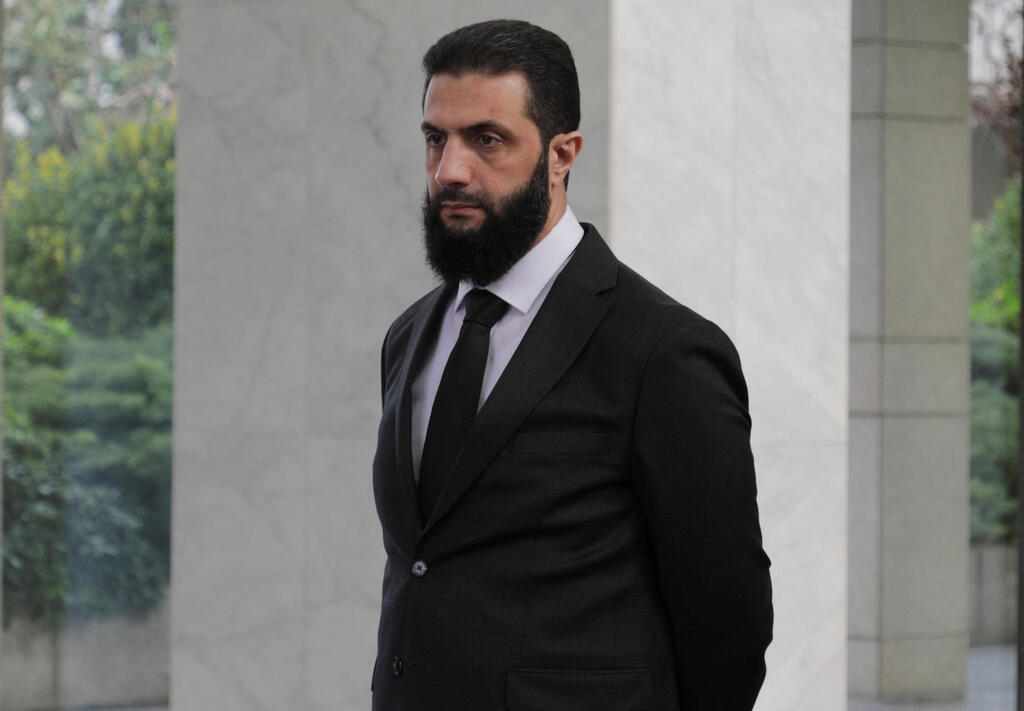Defense Minister Israel Katz said Thursday that intelligence gathered during the cease-fire indicated Hamas was planning attacks on soldiers and communities.
His remarks followed reports that Hamas had relocated thousands of operatives from southern to northern Gaza, rebuilding its battalions, tunnels, rocket stockpiles and drone capabilities.
Katz stressed that the cease-fire was not due to a lack of munitions or troop exhaustion but solely to facilitate the return of hostages. "This is our top priority, our duty and our mutual responsibility," he said at a conference of regional council leaders.
He emphasized that Israel was maintaining a buffer zone in Gaza, including military outposts beyond Israeli lines, and would not permit arms smuggling through humanitarian aid. "If we had withdrawn from the Philadelphi Corridor, within these 42 days, it would have been flooded with weapons," he warned.
Get the Ynetnews app on your smartphone: Google Play: https://bit.ly/4eJ37pE | Apple App Store: https://bit.ly/3ZL7iNv
With the first phase of the hostage deal completed—returning 25 living hostages and eight deceased—Katz said continued pressure was necessary to compel Hamas to release the remaining captives. "The best way forward is for Hamas to know that the IDF is ready to resume combat," he said, reiterating that "Hamas will not remain in control of Gaza, militarily or politically."
Katz also discussed efforts to facilitate voluntary emigration from Gaza. "I am rapidly advancing a voluntary migration initiative, enabling those who wish to leave Gaza to do so via Ashdod Port and Ramon Airport," he said.
Addressing threats in the West Bank, Katz revealed that Hamas had planned attacks there before October 7 and that Iranian-backed weapons and funding had fueled growing terrorist activity. "The refugee camps are the core of terrorism in the West Bank," he said, instructing the IDF to continue operations in Jenin, Tulkarm and Nur Shams to dismantle terrorist infrastructure.
Regarding Israel's northern border, Katz said that Israeli forces would remain in strategic outposts in Lebanon indefinitely, with U.S. approval. He also reaffirmed that Israel would maintain its military presence in the buffer zone along the Syrian border indefinitely, citing security concerns.
"It was clear to me and the prime minister that we needed to secure the buffer zone, and our policy is to remain there—at the peak of Mount Hermon and other strategic positions—for an unlimited period," he said.
Addressing Syria's new Islamist leader Ahmad al-Sharaa, a former al-Qaeda and ISIS member, Katz dismissed him as unreliable. "He swapped his robes for suits and speaks well, but we do not trust him—we trust only the IDF," he said.
Katz reiterated Israel’s demand for the demilitarization of southern Syria and confirmed that the IDF struck Syrian regime positions earlier in the week. "Two days ago, we hit the first attempt by the new regime to man positions and outposts," he said. "We will not allow violations of the demilitarization agreement in southern Syria, nor will we permit the emergence of new threats in the area."
Katz concluded by emphasizing a broader security doctrine: "Israel cannot allow extremist organizations to operate along its borders—whether in Gaza, Lebanon, Syria or the West Bank. This is our policy, and we will enforce it."




